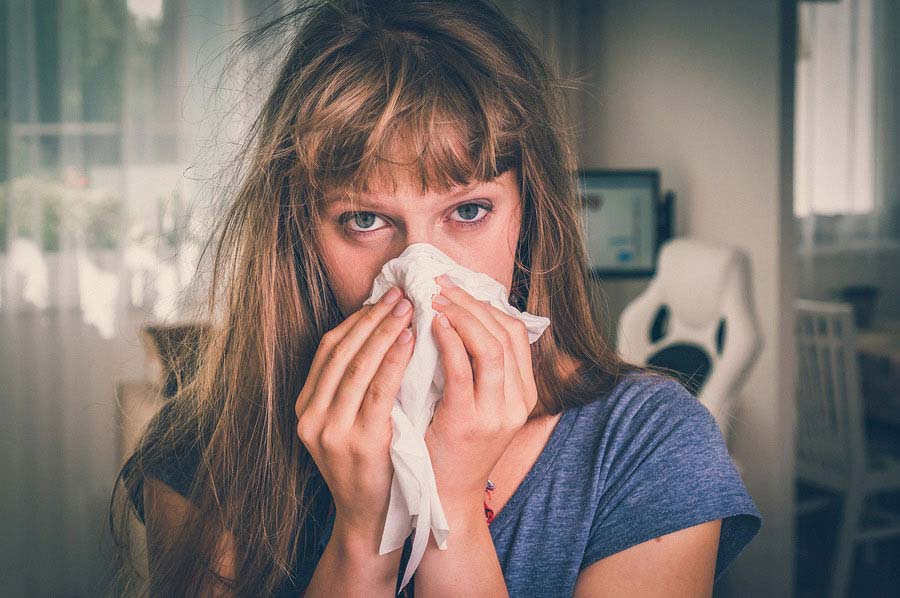Reviewed by Phillip Waite, Ph.D.

Not much about chronic illness surprises me anymore. After 17 years, I’ve come to know all the familiar ups and downs, flares and remissions. Don’t get me wrong, it’s still not easy and I struggle as much as anyone else. It’s just that there are few symptoms I haven’t seen before. I know my symptoms and what they indicate better than most doctors do. But there is one thing that happens that always seems to catch me off guard. Getting sick.
That’s not all that unusual, right? Most people don’t anticipate it. We don’t like the inconvenience of missing work or school, slowing down and departing from our normal routine, taking medicine, visiting the doctor, and resting our bodies to get well again. But it’s different if you are already sick!
“I wish I could just have the flu like I used to.”;
It sounds a wrong, but I can’t tell you how many times that thought or something like it has crossed my mind when I get sick. You see when I get sick with a common cold, it’s not just an inconvenience accompanied by the usual aches and pains. It’s an ordeal, a physical trial, a test of endurance. One that I’m usually not prepared for.
One of the symptoms of fibromyalgia is fatigue. I won’t bore you with all the medical reasons why fatigue occurs with fibromyalgia, but let me just say your body is worn out before the day even starts. “I’m feeling tired” doesn’t begin to describe the depth of fatigue associated with these illnesses. “On the verge of exhaustion” is probably a better description. It is prolonged, unending fatigue. When your body is tricked into attacking itself, it doesn’t quit.
When I get sick with a common cold, which is often with 4 little kids bringing home germs from school and elsewhere, I feel like someone struck with pneumonia. If I had any energy left in my reservoir to begin with, the cold virus like a thief in the night snatches it away and there’s no getting it back. Any symptoms seem to be exaggerated ten fold. When this happens, I eventually raise my white flag of surrender and try to endure it as best I can and hope that it does not trigger a bigger flareup. Probably not the best strategy. I’m open to suggestions folks!
There isn’t much we can do to avoid getting sick. Let’s face it, we can eat healthy, be vigilant about exercise, take our Vitamin C, obsessively use hand sanitizer, and we’ll still get sick! Besides learning to cope with it, probably the biggest challenge of getting sick is helping others understand how it can dramatically affect the health and well being of those of us already coping with chronic illness. If they can better appreciate it, we can help them know when and what kind of help we need. This applies to everyone around us, including your spouse, your boss, your parents or children, your friends, and your neighbors.
One of the most common dilemmas is how to help others understand. My wonderful wife knows when I get a cold virus or some other bug I often get very sick. She tries to help me as much as she can, as well as tackle her usual daily responsibilities and activities. She knows this because she has had years of experience of living with me. She’s the exception.
Many others don’t get it. It’s hard to know what to tell them when I get sick. Do I tell them I just have a cold? ;Or do I tell them I’m in the midst of a flare? The first leads them to believe I’m just inconvenienced but generally doing okay. The second tells them I’m struggling but it exaggerates my real condition. The truth is I do have a cold, but I’m actually quite sick!
How do you cope with getting sick when you’re sick? I’m curious to know what works for you. What do you tell others when you get sick?
Did you find this article helpful? Join us at HealingWell for support and information about your condition. Connect and share with others like you.




